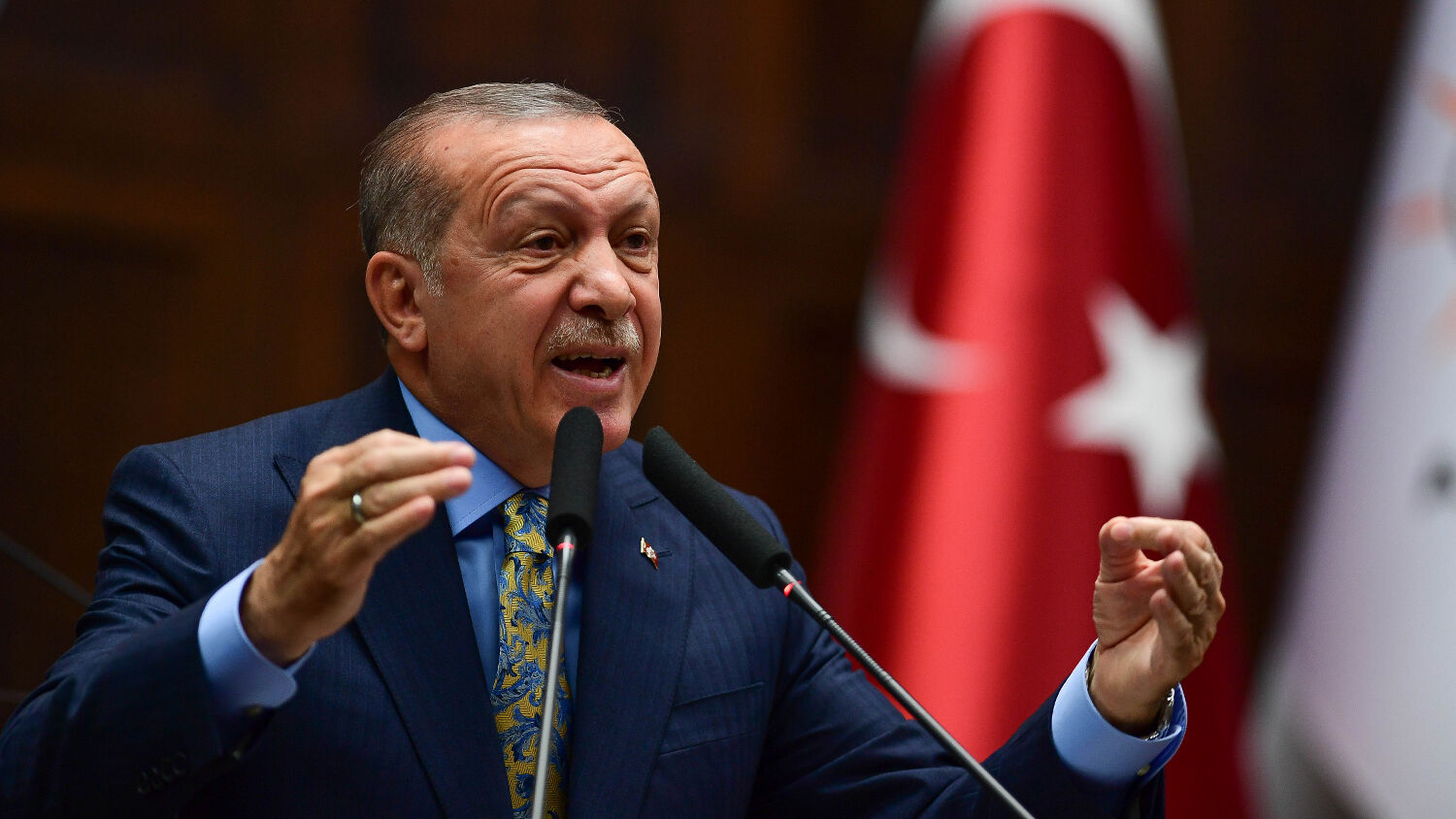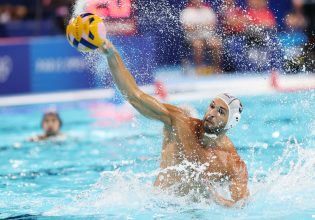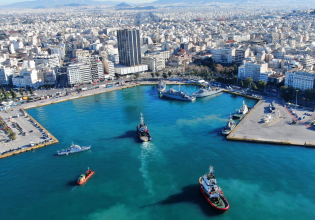
Erdogan in surprise move to meet with Greek foreign minister in Ankara
The prospect of high-level political negotiations between Athens and Ankara has fueled concerns among analysts that Greece may make concessions that touch on national sovereignty.
By George Gilson
Foreign Minister Nikos Dendias will hold talks with Turkish President Recep Tayyip Erdogan and his Turkish counterpart, Mevlet Cavusoglu, in Ankara tomorrow in a bid to transcend the apparent quagmire in bilateral exploratory talks.
The last-minute invitation for Dendias to meet Erdogan was announced by the Greek foreign ministry this evening and was viewed by analysts in Athens as a bid by Ankara to express resolve in its effort to upgrade to a higher, political level ongoing exploratory talks between diplomats and to pressure Athens to accept negotiations on a series of Turkish demands that Greece has steadfastly rejected until now.
It is unclear whether Dendias and Erdogan will discuss a possible summit meeting between Prime Minister Kyriakos Mitsotakis and the Turkish leader, which was touted by some as a prospect in the past.
While the meeting with Cavusoglu had been scheduled earlier, Erdogan’s surprise move to meet Dendias comes straight on the heels of his snub of European Commission President Ursula van Der Leyen at an EU-Turkey summit last week, when she was relegated to a remote sofa while European Council President Charles Michel was seated in a large armchair by the Turkish leader’s side.
The unprecedented snub was roundly criticised by certain EU leaders, most notably Italian PM Mario Draghi, who publicly called Erdogan a “dictator”.
Dendias’ talks with Cavusoglu and Erdogan will take place in the shadow of a recent barrage of hostile statements from the Turkish leadership, including Erdogan’s suggestion this week that Turkey is prepared even for a military intervention in Cyprus if Nicosia does not meet its demands for essentially a two-state settlement on the Turkish-occupied island and Ankara’s inflated demands regarding allocation between the Greek-Cypriot and Turkish-Cypriot communities of the island’s rich gas and oil reserves.
Aside from the renewed international push for a Cyprus settlement, the talks will also focus on the two countries’ relations with Libya, with which Erdogan last year signed an agreement in violation of international law to delimit the two countries’ exclusive economic zones even though they are not contiguous.
The delimitation illegally gives Turkey a large chunk of Greece’s EEZ, as determined by the UN Convention on the Law of the Sea, and Athens has been intensively pursuing closer ties with Libya in order to thwart any sort of implementation of the agreement.
Turkey’s military presence in the Mediterranean last summer was cause for consternation in the EU.
“Because of this [agreement] Greece has become annoyed because it does not have these prospects. It does not have the rights that we have in this region. In all these clashes in the Eastern Mediterranean, had we not adopted a moderate stance the situation would have evolved differently, in a different direction. Each time when the need arose we drew back our ships for service and our [oil and gas] exploration vessels and said nothing,” Erdogan said.
In Greece, the prospect of high-level political negotiations between Athens and Ankara has fueled criticism and concerns among some analysts that Greece is prepared to make concessions that touch on national sovereignty.
The issue last week led to a public row between former prime ministers Costas Simitis [Pasok] and his successor, Kostas Karamanlis [New Democracy].
In a recent op-ed piece Simitis as in the past blamed Karamanlis for not exploiting terms that were favourable for Greece in the conclusions of the 1999 EU summit in Helsinki, which stipulated that if Greece and Turkey fail to resolve their differences then they should take them to the International Court of Justice in the Hague.
The agreement opened the way for Turkey to become an EU candidate state but also opened the way for Cyprus to join the EU, which is considered one of Simitis’ greatest achievements.
Karamanlis in response said that Simitis made an unacceptable concession in accepting that there is more than one dispute between the two countries.
For decades and until this day Greece has insisted that the delimitation of Athens’ and Ankara’s continental shelf [and later EEZ] is the only legitimate difference and that all of Turkey’s other claims against Greece are in violation of international law.
- Πειραματικές θεραπείες mRNA αντιμετωπίζουν δύο μείζονες αιτίες θανάτου
- Παγώνη: «Πυρά» κατά κυβέρνησης και υπουργείου Υγείας για τη «γαλάζια» ήττα στις εκλογές της ΕΙΝΑΠ
- Μπαρτσελόνα: «Έδεσε» τον Πάντερ μέχρι το 2028 (pic)
- Πλαίσιο: στο νούμερο 1 της λίστας εργοδοτών για γυναίκες στην Ελλάδα
- Τροχαία: 18 νεκροί και 17 σοβαρά τραυματίες τον Μάρτιο στην Αττική
- Ρόδος: Ανεμοστρόβιλος προκάλεσε σοβαρές ζημιές












